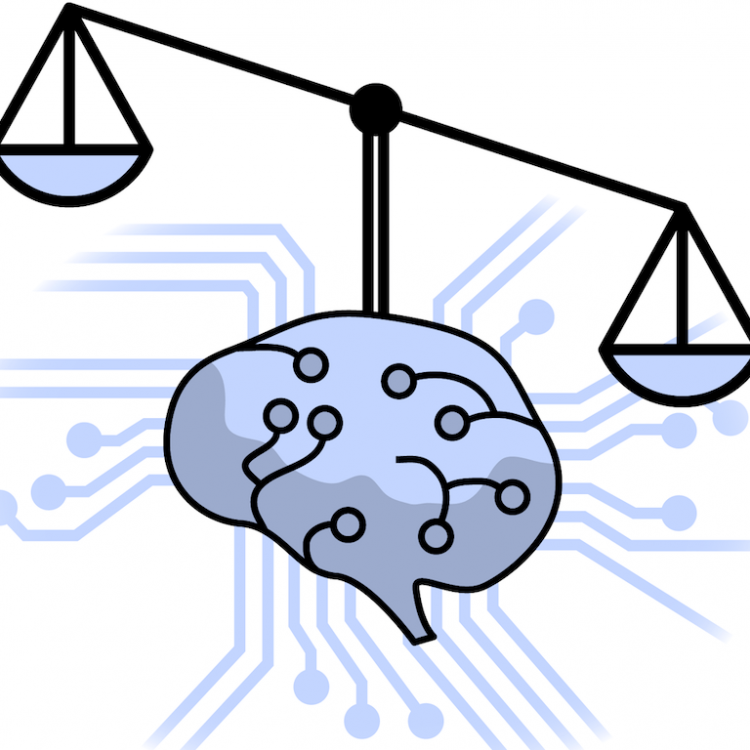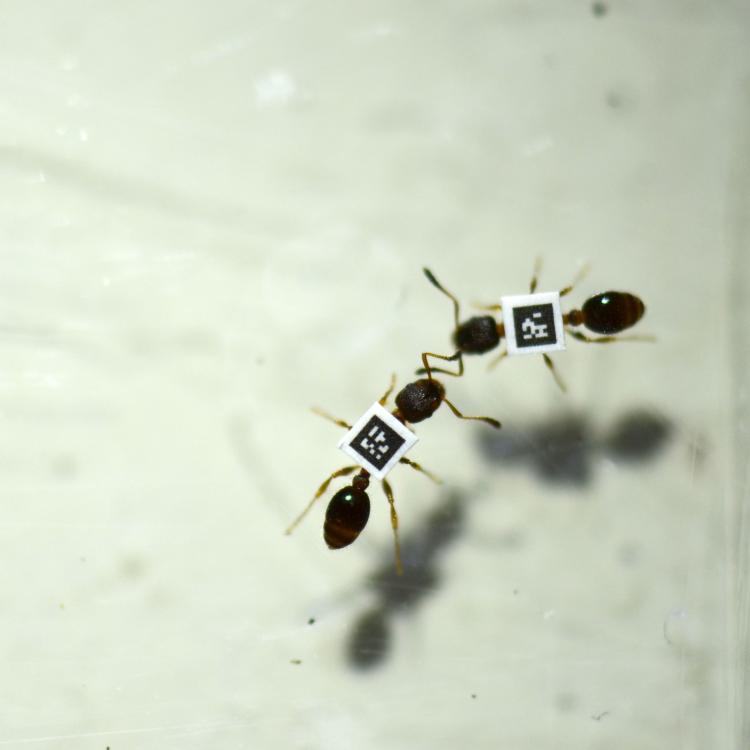Automation has affected employment at least as far back as Gutenberg, the introduction of the printing press and the effect on scribes and others. Such changes have occurred in the centuries since. In more recent times, we see electronic intelligence showing increasingly rapid advances, with examples including (e.g.) easily accessible, free, rapid and often somewhat reliable language translation. More recent advances include the increasing emergence of driverless cars.
Research projects in Information Technology
Displaying 131 - 140 of 197 projects.
Optimal clustering of DNA and RNA binding sites from de novo motif discovery using Minimum Message Length
DNA or RNA motif discovery is a popular biological method to identify over-represented DNA or RNA sequences in next generation sequencing experiments. These motifs represent the binding site of transcription factors or RNA-binding proteins. DNA or RNA binding sites are often variable. However, all motif discovery tools report redundant motifs that poorly represent the biological variability of the same motif, hence renders the identification of the binding protein difficult.
Combating antimicrobial resistance through use of genomics and artificial intelligence
Antimicrobial resistance (AMR) is one of the most significant and immediate threats to health in Australia and globally. As an Infectious Diseases physician and researcher, the second supervisor is working on harnessing new technologies such as next-generation sequencing and artificial intelligence to improve the diagnosis, treatment and prevention of AMR infections. The specific aims of this project are:
Pooling time series with common asynchronous trends - with energy and other applications
There are sometimes emerging prolonged periods of highly persistent evolution in time series.
Scholarship for Monash Assistive Technology & Society (MATS) Centre
The Monash Assistive Technology and Society (MATS) Centre helps people living with disabilities to lead self-directed lives. Emerging assistive technologies have the potential to break down many of the barriers that people with disabilities face at school, university, work and in the social sphere. Our work is guided by on-the-ground partnerships with the community to ensure we’re addressing real problems faced by real people and creating a lasting impact. Join us and help to create a world that is more inclusive and equitable.
Integrating novel technologies and modelling tools to predict species’ responses to global change
Species’ distributions are shifting in response to global climate change and other human pressures. Accurate methods to monitor and predict distribution shifts are urgently needed to manage threatened species and ecosystems, and to control invasive species and diseases. This requires a step-change in the data and methods used to monitor and predict organism behaviours and ultimately shifts in species' distributions.
Fairness testing of AI-based systems
Machine learning is being used to make important decisions affecting people's lives, such as filter loan applicants, deploy police officers, and inform bail and parole decisions, among other things. Machine learning has been found to introduce and perpetuate discriminatory practices by unintentionally encoding existing human biases and introducing new ones. In this project, we will develop automated testing approaches that can be used to verify that machine learning models are not biased.
Visual aids for human reasoning with causal Bayesian networks
This PhD project is funded by a successful ARC Discovery Project grant: "Improving human reasoning with causal Bayesian networks: a user-centric, multimodal, interactive approach" and the successful applicant will work as part of a larger research team.
Reinforcement Learning for Self-organised Task Allocation
Effective allocation of tasks is essential for any socially living group. This project investigates self-organised task allocation, ie groups in which tasks are not centrally assigned to individuals. In self-organised groups, individuals rather select their tasks autonomously based on their own choices and preferences. Under which conditions does this achieve the desired group outcomes?
Navigation and Point of Search in Road Networks
Modern map-based systems and location-based services rely heavily on the ability to efficiently provide navigation services and the capability to search points of interests (POIs) based on their location or textual information. The aim of this project is to build a next-generation navigation system by addressing limitations in the current systems – such as allowing more meaningful distance measures, modeling uncertainty in data sources and queries, and exploiting rich information from several data sources.



